How This Marine Went From al Anbar to the New York Times 10 Best Books List
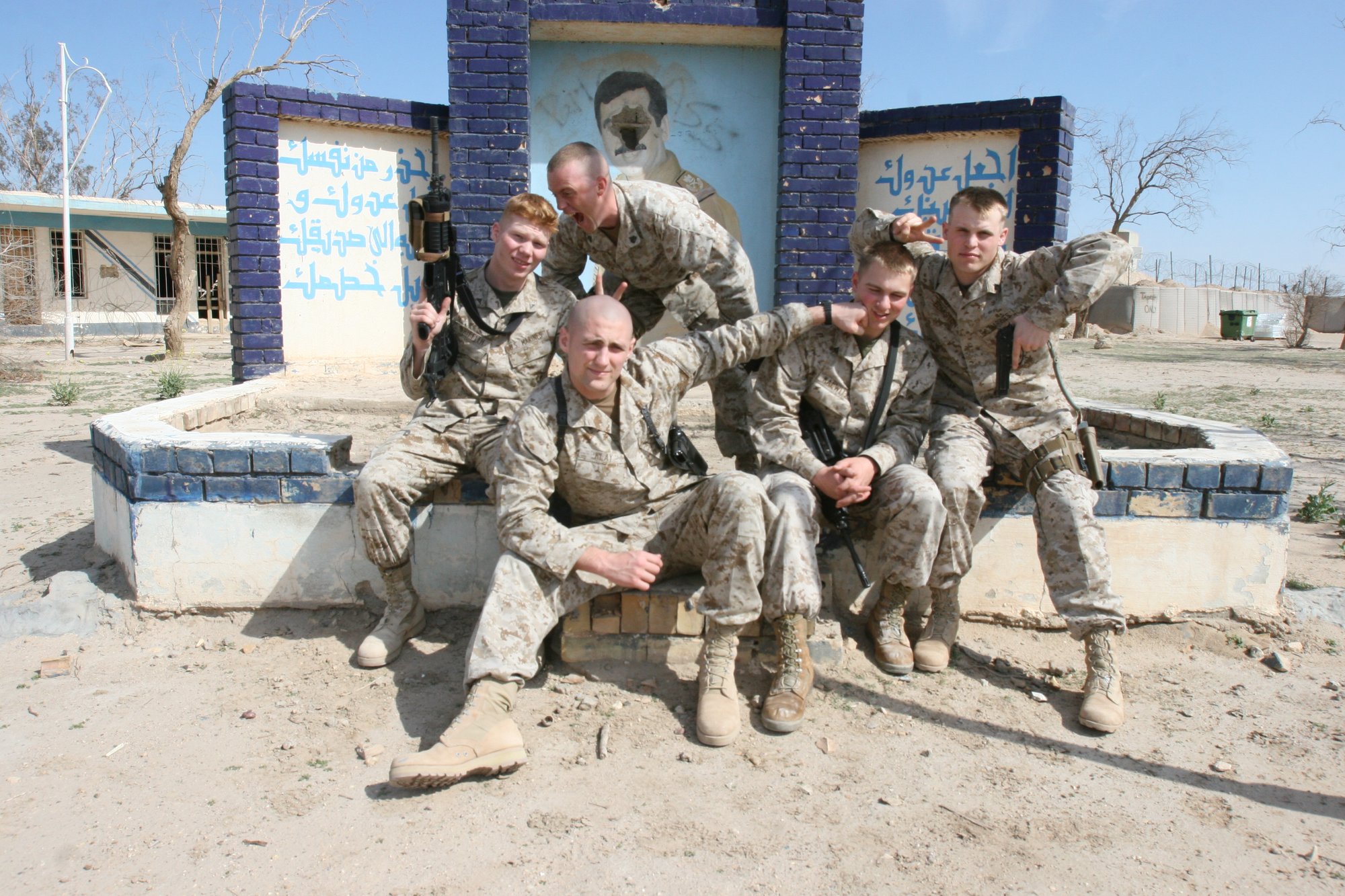
Phil Klay, at front, describes having the opportunity to mentor subordinate Marines in journalism as one of the best aspects of serving overseas. Photo courtesy of Phil Klay.
When Phil Klay left the Marine Corps a decade ago, he knew he wanted to continue building upon the foundation in journalism he had developed as a public affairs officer. What he didn’t know was that his short story collection, Redeployment, would garner national attention and win the 2014 National Book Award for Fiction.
Klay served in Iraq during the height of the war’s violence, documenting firsthand the cost of war. When his service ended, the former officer used writing to grapple with his experiences and eventually turned to fiction in order to share what he discovered. Klay attributes some of his accomplishments to timing and dumb luck, but he also put in the work. He has spent countless hours honing his craft and now points to several key components for achieving success. The Forward Observer sat down with the Iraq War veteran and award-winning author to find out what it takes to become a professional writer.
This interview has been edited for length and clarity.
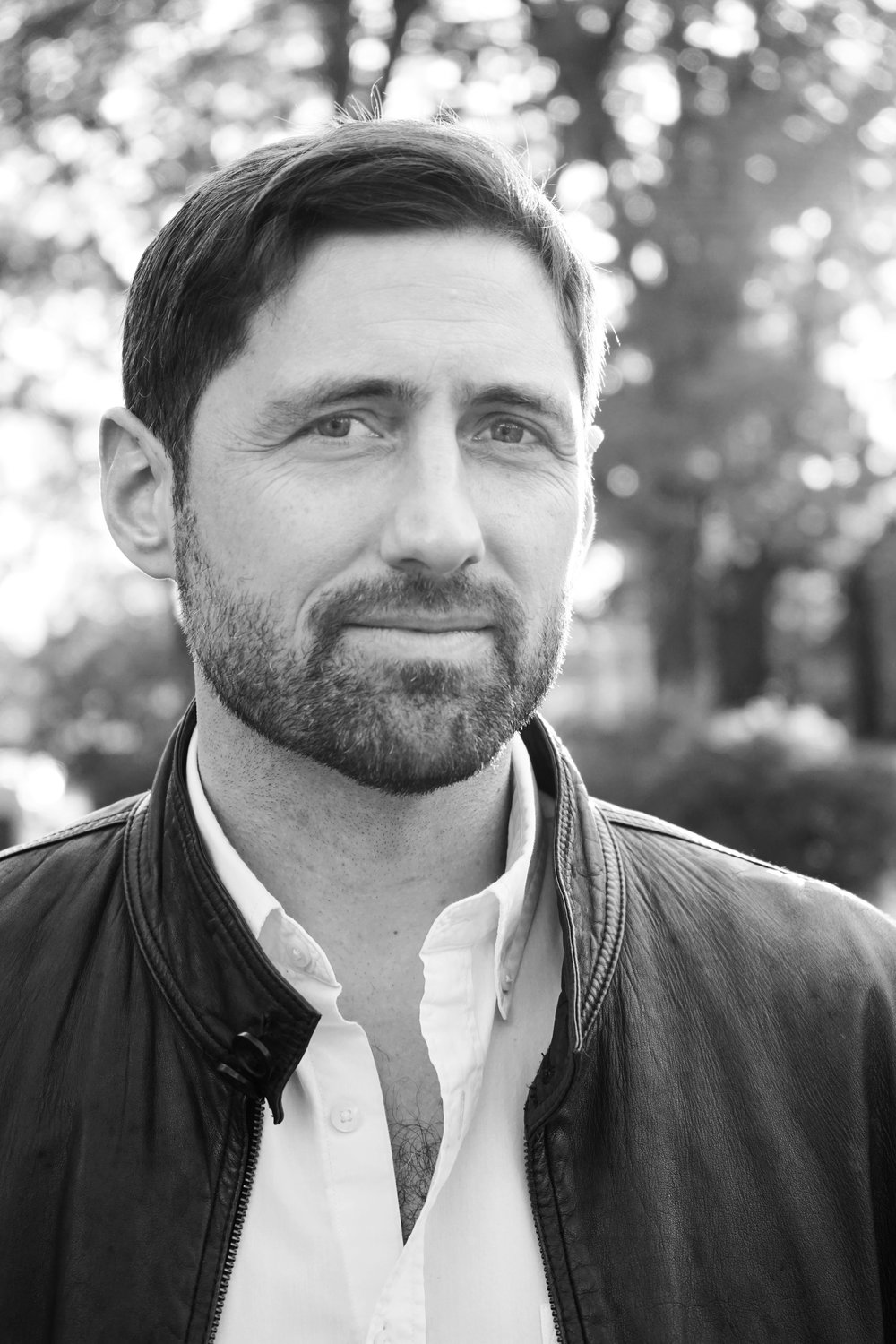
Iraq War veteran and bestselling author Phil Klay. Photo courtesy of Phil Klay.
TFO: Were you an avid reader and writer growing up?
PK: Absolutely. I think that’s probably why they gave me public affairs officer. I was the guy memorizing poetry on field exercises at the Basic School. The instructors did some initial evaluating when military occupational specialties were getting assigned, and then I got the PAO spot, which seemed like a good fit.
TFO: Outside of your job’s obligations, did you write at all while you were in the Marines?
PK: A tiny bit, but I really focused on teaching my Marines journalism. I think talking about writing was the major way that I was sort of developing my craft. It was one thing that I really liked about the PAO job. What inspired me to pick up the pen when I came back was just sort of being like: Okay, what the hell does that experience mean? What do I think about what I went through, what other people that I knew went through, and what does America look like when you get home? And fiction was always what I felt was the most rigorous way to work through something and think about it. I started writing pretty soon after I got back from Iraq.
"That was a really important part of the whole puzzle of developing as a writer — connecting with other veterans."
TFO: When did you first consider pursuing writing as a full-time career?
PK: I always wrote but never really thought of writing as a job you could do. But I did want to work on writing, so when I got out, I used the GI Bill and got my Master of Fine Arts at Hunter College. My original plan was to do that — which was a two-year degree — and then use the rest of the GI Bill to get a master’s in education so I could become a high school English teacher.
After I graduated from the MFA program, I started at Teachers College at Columbia. I did a semester there, and I student-taught middle school in a public middle school in Manhattan. That was around the time that I sold my first book, so I ended up dropping out of Teachers College to finish the book. I’ve been doing this ever since.
TFO: In addition to using the GI Bill to get a formal education, what steps did you take when you left the Marine Corps to set yourself up for success as a writer?
PK: One thing that was really important was I joined a veterans writing group that was run through NYU. Through that, I met a community of veteran writers who were sort of working through the same issues, and I’m still really good friends with a lot of those guys. That was a really important part of the whole puzzle of developing as a writer — connecting with other veterans. I think we often think of writing as a purely solitary activity. In my experience, that’s not really the case.
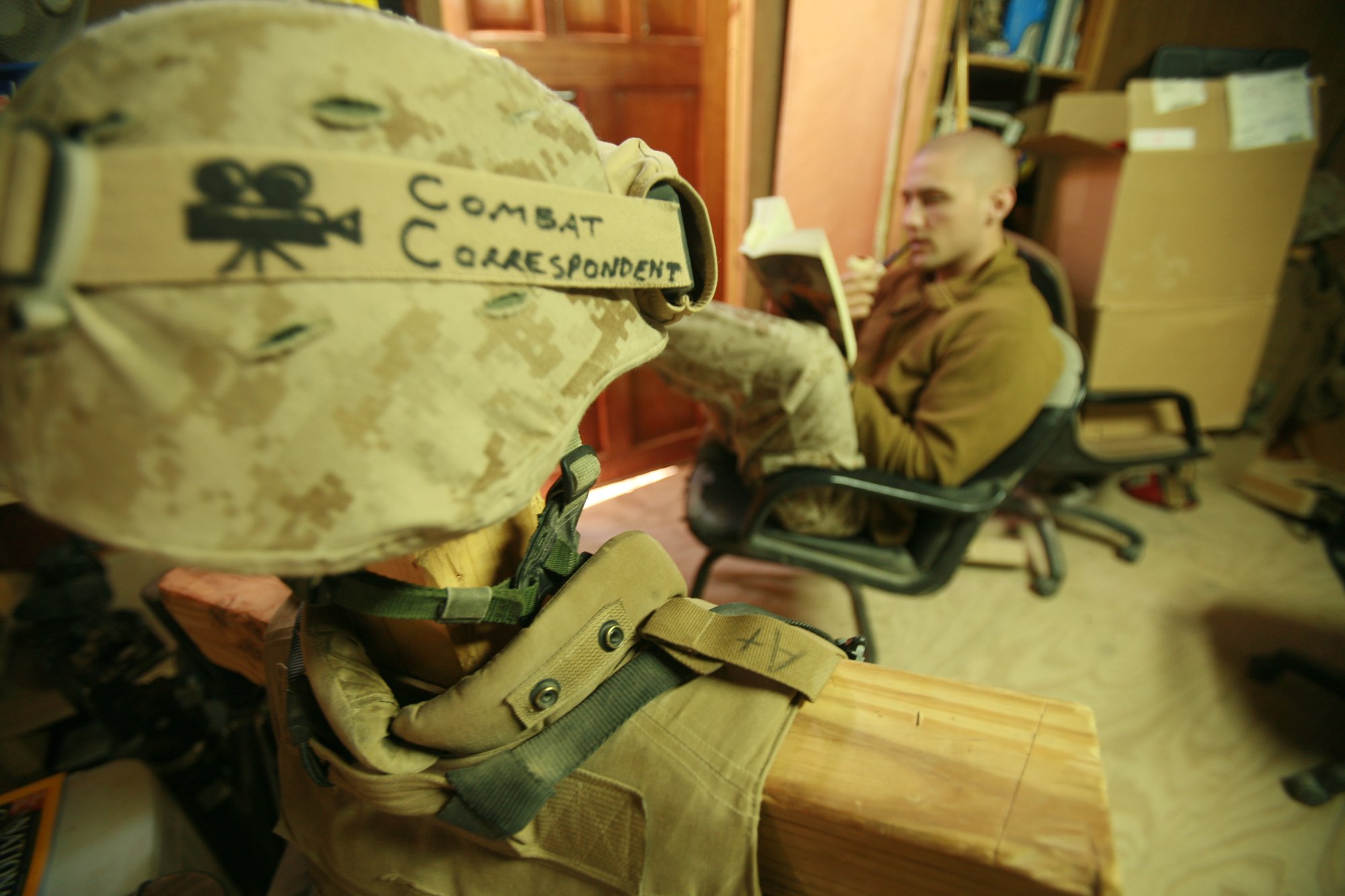
Phil Klay served in Iraq as a Marine public affairs officer during some of the war’s deadliest periods. Photo courtesy of Phil Klay.
TFO: What was it like to go from working in a field hospital in Iraq to seeing your work win the 2014 National Book Award?
PK: It was certainly not what I expected. It was totally surreal. I mainly think I’m really lucky because all you can do is write to the best of your ability and hope that it finds a receptive audience. When my first book came out, there was a lot of interest in work by veterans. There was a lot of interest in the wars, and I’m grateful for that. I think there were other books that were really, really good but came out at different times and had more difficulty finding an audience. In writing, everything is so contingent. I just feel a lot of gratitude about the way things turned out.
TFO: Your first book, Redeployment, was a huge success. What made you shift to nonfiction for your latest book, Uncertain Ground?
PK: I’ve been writing nonfiction the whole time. The latest book is a collection of essays that I’ve been writing over the past 10 years. It’s a totally different form. In fiction, you’re trying to submerge the reader in an experience, but with nonfiction you’re making an argument. So they’re just two fundamentally different things that use the same skill sets. Some things are necessary to do via fiction, and some things are necessary to do via nonfiction. They have both been very important to me.
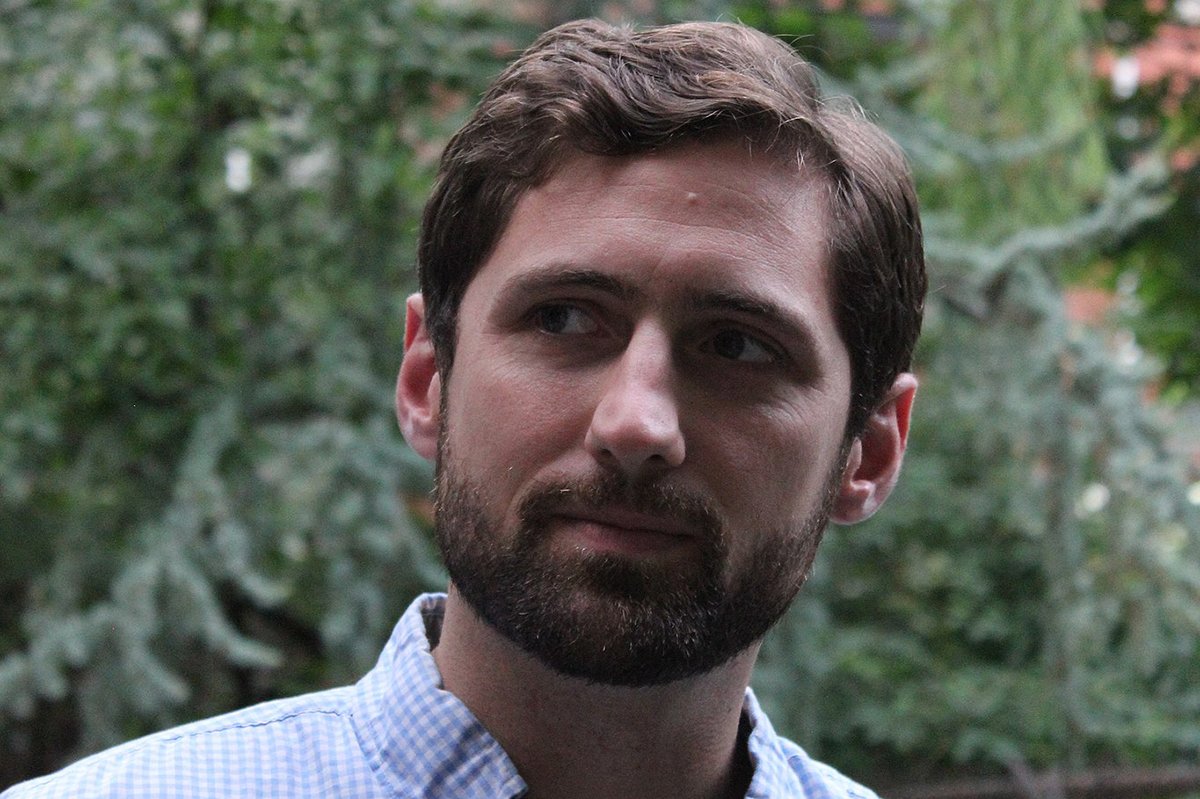
Phil Klay is the author of two novels and a collection of essays. Wikimedia Commons photo.
TFO: Who are some current veteran writers whose work you keep a close eye on?
PK: Matt Gallagher has written a couple of excellent novels: Youngblood and Empire City. Elliot Ackerman is a former Marine and is just a tremendous and extremely productive writer. Dewaine Farria’s first book, Revolutions of All Colors, was really excellent and sort of spanned a lot of the globe, including Ukraine. I’m looking forward to the next thing that he produces. There’s a ton of great veteran writers whose work is really exceptional.
TFO: What advice would you give to service members who hope to pursue a career in writing after their military service is over?
PK: I would say finding a community is really important. Also having patience. I worked on my writing for a long, long time before I had anything published. Having patience and finding the community with whom you can share work is really important.
This article first appeared in the Summer 2022 print edition of The Forward Observer, a special edition of Coffee or Die Magazine, as “Battlefields, Bookmarks, and Becoming a Writer.”
Read Next: Marine and Author Phil Klay on His Latest Book and Endless War
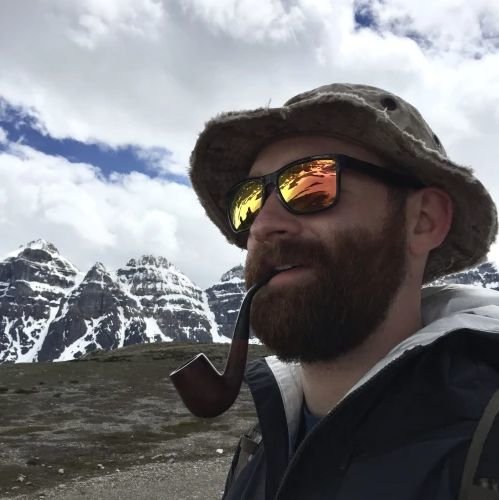
Mac Caltrider is a senior staff writer for Coffee or Die Magazine. He served in the US Marine Corps and is a former police officer. Caltrider earned his bachelor’s degree in history and now reads anything he can get his hands on. He is also the creator of Pipes & Pages, a site intended to increase readership among enlisted troops. Caltrider spends most of his time reading, writing, and waging a one-man war against premature hair loss.
BRCC and Bad Moon Print Press team up for an exclusive, limited-edition T-shirt design!
BRCC partners with Team Room Design for an exclusive T-shirt release!
Thirty Seconds Out has partnered with BRCC for an exclusive shirt design invoking the God of Winter.
Lucas O'Hara of Grizzly Forge has teamed up with BRCC for a badass, exclusive Shirt Club T-shirt design featuring his most popular knife and tiomahawk.
Coffee or Die sits down with one of the graphic designers behind Black Rifle Coffee's signature look and vibe.
Biden will award the Medal of Honor to a Vietnam War Army helicopter pilot who risked his life to save a reconnaissance team from almost certain death.
Ever wonder how much Jack Mandaville would f*ck sh*t up if he went back in time? The American Revolution didn't even see him coming.
A nearly 200-year-old West Point time capsule that at first appeared to yield little more than dust contains hidden treasure, the US Military Academy said.












